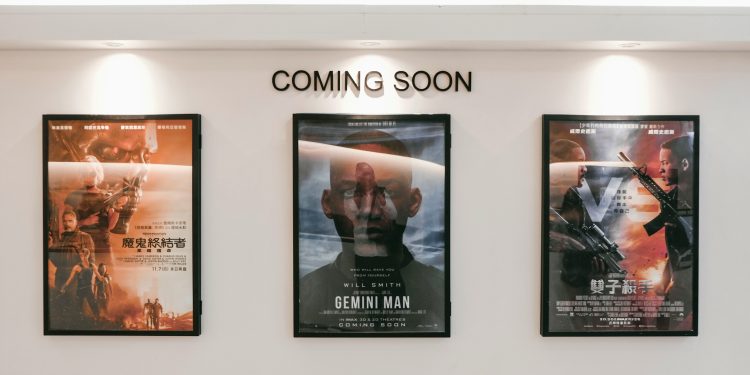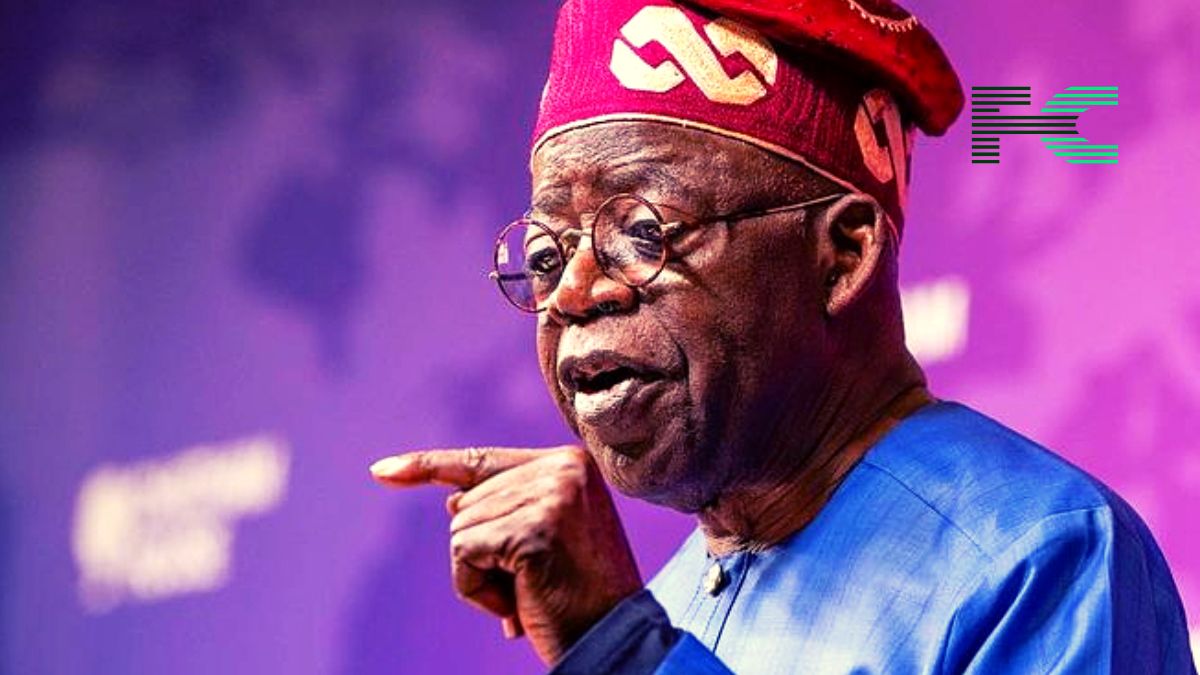Ngozi had been saving all month to take her younger siblings to the cinema. They wanted to watch the latest Nollywood film everyone was talking about. But when she got to the counter and heard the ticket price, her heart sank. At ₦8,000 per ticket in Lagos, she could barely afford one, let alone three. She walked away disappointed, wondering why cinema outings had become a luxury in Nigeria.
Now imagine if Ngozi had another option a Nollywood film ticket for ₦3,000, with just a few short ads playing during the movie. Would she stay? Would she buy three tickets instead of none? This is exactly the question filmmaker Niyi Akinmolayan is pushing the industry to confront.

The Bold Proposal
Niyi Akinmolayan, director of Lisabi and The House of Secrets, is suggesting that Nigerian cinemas dedicate certain halls or days to cheaper Nollywood screenings. His idea is simple: slash ticket prices to around ₦2,500–₦3,000, but add two short ad breaks of about three minutes in total. Producers and exhibitors would share the ad revenue, creating a model that benefits everyone.
He argues that the current system — where Nollywood films are priced the same as Hollywood blockbusters — is unsustainable. According to him, the elitism of equating higher ticket prices with value is hurting local films. Nigerians already struggle with inflation and rising living costs; why should a family outing to see a local film be as expensive as groceries for a week?
But would Nigerians actually accept ad breaks in cinemas?

Why This Matters Now
The proposal comes at a time when Nollywood is facing serious hurdles. The cost of producing films is skyrocketing, yet returns at the cinemas are shrinking. Many Nollywood films disappear from cinemas within two weeks because of low turnout, while Hollywood titles still dominate the big screens.
On the other side, piracy remains a nightmare. Nigerians who cannot afford ₦8,000 cinema tickets will easily find illegal copies online or wait for the film to land on streaming platforms. This vicious cycle discourages producers from investing heavily in cinema-bound films.
Could cheaper tickets funded partly by ads bring more people to cinemas and keep piracy at bay?
What The Numbers Say
Akinmolayan’s math is straightforward. A 100-seat cinema hall at ₦3,000 per ticket brings in ₦300,000 if filled. That’s less than half of what the hall would make at ₦8,000 per ticket. But if the film has six ads, each paying ₦100,000, that’s another ₦600,000 in revenue. Split evenly between the cinema and the producer, both sides end up earning as much as, or even more than, the current model.
The catch, however, is whether advertisers will consistently pay that much for cinema slots in Nigeria. Do brands believe in Nollywood’s cinema audience enough to commit to that kind of spend?
Learning From Other Countries
In many parts of the world, cinemas already offer reduced pricing models. Children and senior citizens do not pay the same as adults. Some countries even have “discount days” where tickets are sold at half the price, drawing in larger crowds.
Akinmolayan is asking: why not here? Why not test Nollywood films at cheaper rates, at least once a week, while keeping Hollywood titles at their usual high prices? If other industries tailor pricing for different audiences, should Nollywood not do the same?
The Possible Benefits
If this model works, it could:
- Fill cinema halls with audiences who currently stay away because of cost.
- Create a new stream of advertising revenue that supports both filmmakers and exhibitors.
- Encourage more producers to make cinema-worthy films, knowing that ticket sales will not only depend on price.
- Reduce piracy by offering affordable legal options.
But as exciting as this sounds, would audiences tolerate interruptions in their cinematic experience? Nigerians already complain about long YouTube ads. Would they accept ads in the middle of Nollywood blockbusters?
The Bigger Question
At the heart of Akinmolayan’s idea is not just pricing, but a shift in mindset. For too long, Nollywood has fought to prove its worth by matching Hollywood’s price tags. But in doing so, it may have priced out its most loyal audience: ordinary Nigerians.
So here is the question: is Nollywood brave enough to experiment, or will it cling to a system that is slowly suffocating its reach?
















